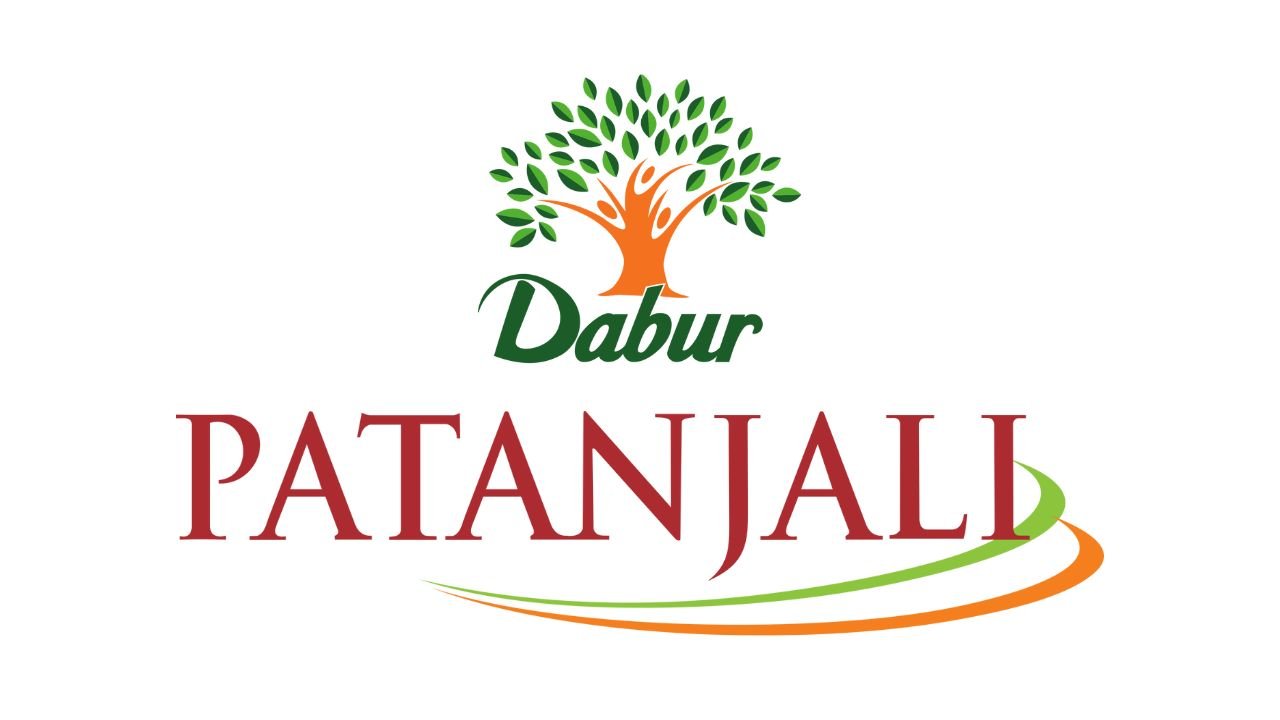New Delhi — The Delhi High Court has stepped into an escalating battle between two of India’s most recognizable Ayurvedic companies, barring Baba Ramdev’s Patanjali Ayurved from streaming or broadcasting its latest advertisement for Patanjali Special Chyawanprash. The interim order, issued by Justice Tejas Karia, came in response to a lawsuit filed by Dabur India Limited, the century-old consumer giant that dominates the chyawanprash market.
Dabur accused Patanjali of “generic disparagement” through an advertisement that warned viewers they were being “duped in the name of chyawanprash” — a statement the Court found likely to mislead consumers and tarnish the credibility of rival brands.
“The Defendants shall take down / block / disable the Impugned Advertisement from all electronic and digital mediums,” Justice Karia directed, ordering social media platforms, broadcasters, and OTT services to comply within three days.
The “Dhoka” Claim and the Power of Influence
At the center of the dispute lies a 30-second television commercial featuring Baba Ramdev, India’s most visible advocate of yoga and Ayurveda. In the advertisement, Ramdev cautions viewers that “most people are being duped” by fake chyawanprash brands, positioning Patanjali’s product as the “original” and the only one offering “true Ayurvedic power.”
Dabur, whose chyawanprash brand has enjoyed a dominant 61% market share since 1949, argued that such messaging maligns not only its flagship product but also the credibility of the entire category. The company contended that Ramdev’s influence and spiritual authority could strongly sway public perception, making the commercial particularly damaging.
Justice Karia agreed, observing that for “an average viewer,” Ramdev’s assertions carried an aura of authenticity that could cause “viewers to accept it as true and disregard other brands.” The judge emphasized that the stature and influence of the endorser were key factors in assessing the advertisement’s impact.
Between Free Speech and Fair Competition
In a detailed order, the Court navigated the thin line between commercial speech and misleading advertising. While recognizing that comparative advertising — where brands highlight their advantages over competitors — is legally permissible, Justice Karia underscored that such freedom is not absolute.
“The freedom of speech under Article 19(1)(a) does not extend to the dissemination of falsehoods or confer any right to defame, disparage, or denigrate a competitor,” the Court noted. “Since public interest is paramount, comparative advertising may be regulated under Article 19(2) when it is found to be misleading, unfair, or untruthful.”
The ruling further warned that exaggerated or deceptive claims erode consumer trust, particularly in the health and wellness sector, where credibility is central to public acceptance.
Market Stakes and the Future of Ayurvedic Branding
The dispute between Dabur and Patanjali extends beyond the courtroom into a high-stakes commercial arena. Dabur, with its 75-year-old chyawanprash line, has long anchored its reputation on traditional formulations and generational trust. Patanjali, by contrast, built its brand on an aggressive, populist model that blends Ayurveda with nationalism, appealing to a new generation of consumers seeking “Swadeshi” alternatives.
Legal experts note that the order could serve as a precedent for how courts interpret the boundaries of comparative advertising in India’s booming wellness industry. “It’s a reminder that competitive speech must remain truthful and fair,” said a Delhi-based intellectual property lawyer familiar with the case.
The Court’s injunction will remain in effect while the case proceeds. For now, Patanjali’s “Dhoka” chyawanprash ad stands blocked — a rare rebuke for a company whose advertising campaigns have often blurred the line between promotion and provocation.


